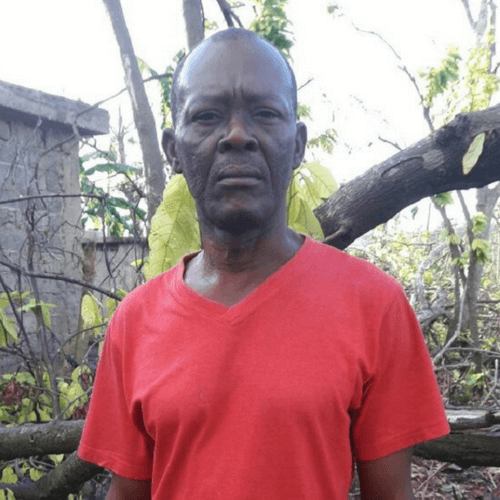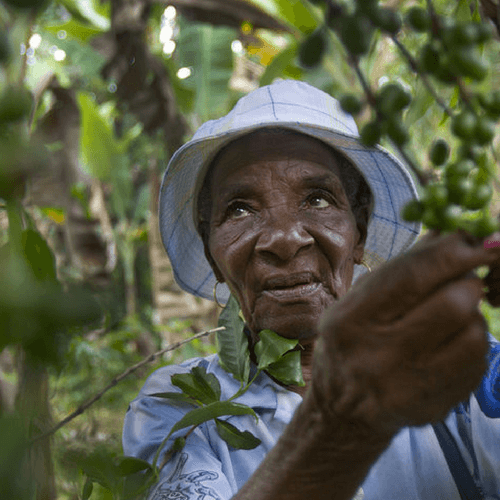



Single Origin - Haitian NEG MAWON™ SHG- Fair Trade Plus Coffee
$24.99 - $25.48
Rich, smooth and bold with an extra bite of orange and mandarin notes in the background, bright and soft acidity with lingering chocolate, cocoa long finish.
100% of All Profits Support Haitian coffee growing families!
Shade Grown Unshackled Richness
Neg Mawon Pap Jamn Kraze
(The Free Man Can Never Be Destroyed)
Industry Review: The Coffee Attendant
Perfect choice for coffee drinkers suffering from digestive issues, or those that just prefer low acidic coffees with a higher level of antioxidants.
100% delicious!
Roast: Dark Medium
Processing: Natural Processed & Dried
Altitude: 1400 - 1600 M.A.S.L.
Harvest: September - March
12 oz. Handcrafted Fair Trade Plus Coffee
Amidst the rubble of the houses, schools and in front of the once grand National Palace stands Neg Mawon - the symbol of Haiti. Neg Mawon means at once - the marooned man, the runaway slave and the free man. A testament of the complex history of the Haitian people stolen from Africa, marooned on an island and liberated through a brave and radical revolution.
Shackles broken, machete in hand, the free man blows the conch to gather others in his fight for the freedom and dignity of all people and for the self-evident truth - that all men are created equal. Neg Mawon is the symbol of Haiti's greatest resource - her indefatigable people, a people profoundly and proudly woven to their history.
Neg Mawon still stands and will always stand. We too must stand with Haiti and, through solidarity, work toward the future the Haitian people deserve.
Haiti, which shares the island of Hispaniola with the Dominican Republic, is one of many countries in which coffee has been called upon to help heal the scars of war and alleviate poverty. During the mid-1990s conditions in Haiti were so dire owing to a United States-led embargo against the prevailing dictatorship that many farmers burned their coffee trees to produce charcoal for sale in local markets. Haiti coffee, another Caribbean origin with a long and distinguished tradition, virtually disappeared from the specialty coffee menu. Decades of disorder had so depressed the quality of this once celebrated origin that few in the coffee world probably even noticed or regretted its absence.




